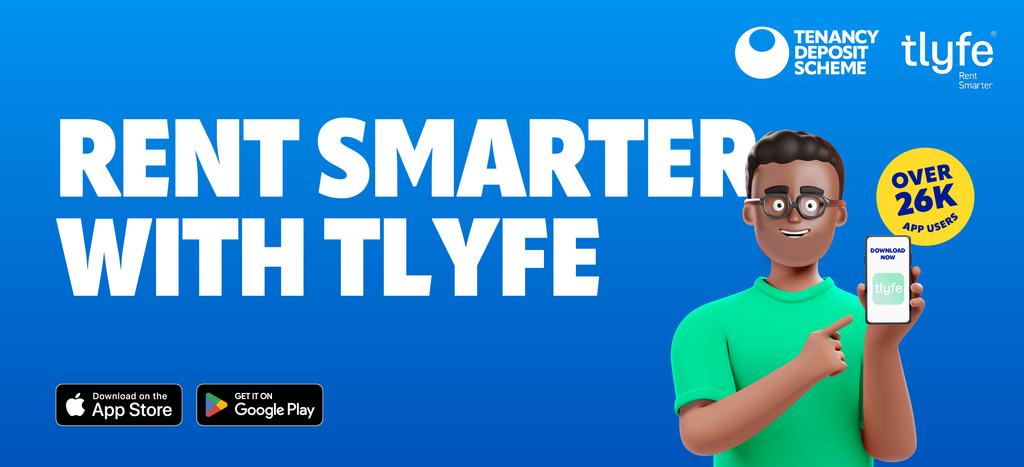Gardening is one of the top 5 reasons for deposit disputes claimed by landlords using our TDS Custodial and TDS Insured tenancy deposit schemes. As the fifth most popular reason for deposit disputes, it makes sense that all parties do what they can to avoid disagreement.
From a tenant’s perspective, a garden can be an appealing feature of a rental property. But whose responsibility is it to maintain the outside space? Yours or your landlord’s?
Garden maintenance, a landlord or tenant responsibility?
Much of the basic garden maintenance will likely fall with the tenant unless the property comes with a gardener (the specifics of that will come down to what is agreed in your tenancy agreement when you move in). With that in mind, here are a few ways you can ensure the outside space of your rented property doesn’t end up digging away at your deposit when you come to leave:
- Take note of the condition of the garden when you move in. This is a standard part of the check-in and inventory process carried out by your letting agent or landlord, and it is up to you to agree to the current condition at the start of the tenancy. It is your responsibility to return the garden (and all aspects of the property) in the same condition at end of tenancy, considering wear and tear. We see many deposit disputes arise because the tenant and landlord disagree on the initial state of the garden and therefore can’t agree on what has changed during the tenancy.
- A standard tenancy agreement will require the tenant to trim the grass and bushes and remove rubbish and regularly empty bins. It is up to the landlord to make any repairs to the external areas of the property such as fencing, walls, paths, roofing, etc. unless specific damage has been caused to these areas as a result of the tenants. In that case, if the tenancy agreement allows, deposit deductions could be made to remedy the situation. It is also the landlord’s responsibility to carry out more complicated tasks such as tree pruning, unless the relevant equipment has been supplied and it is included in the tenancy agreement. If the landlord requires you to mow the lawn and keep weeds at bay, they should provide the necessary equipment to enable you to do that, too.
- If you are a keen gardener or plan to make good use of the outside space, you will need to clarify with your landlord or agent what you can and can’t do in the garden. Make sure you get any agreements in writing. If you want to make improvements to the garden, such as adding planters, vegetable patches, trees, or pathways, you will need to ask your landlord for permission first. Any permanent change must be explicitly agreed upon first, in writing, even if you think it would improve the space.
- It’s always best to beautify the garden space with temporary or semi-permanent improvements, such as pots and garden furniture, that can be removed at the end of the tenancy if required. The most important point to remember is that you return the garden to its original state.
There are of course cases where the line of responsibility can be blurred. Make sure you read through our case studies to see why dispute claims were made and how they were resolved, or take a look at our Garden Maintenance guide here. This will help you to ask the right questions at the start of the tenancy, and also help you prepare for the end of tenancy and deposit return.
About TDS
The Tenancy Deposit Scheme is part of The Dispute Service (TDS), the largest tenancy deposit protection (by value) and resolution service provider in the UK making life easier for tens of thousands of agents, landlords, developers, and millions of tenants and homebuyers. Our award-winning customer service is highly rated on both Trustpilot and Google, and we’re backed by the NRLA, Propertymark and RICS.
We provide quick and hassle-free online deposit protection, free guides and information in our online help centre, free dispute resolution and free mid-tenancy mediation for tenants and landlords. Our free tenant lifecycle app, tlyfe, makes renting smarter. Manage your TDS deposit, get pre-qualified, build your credit ratings, and more.

Other news stories


